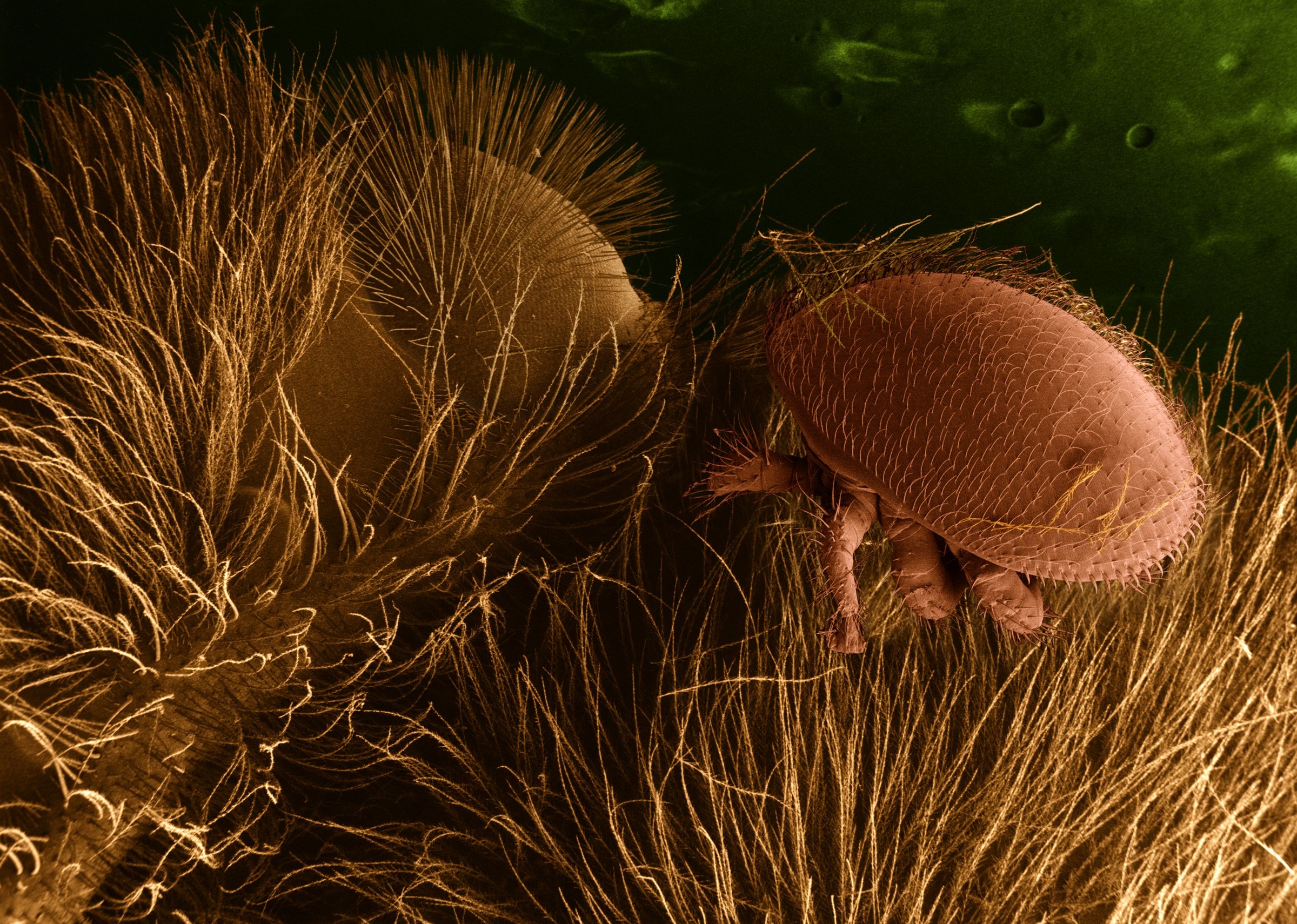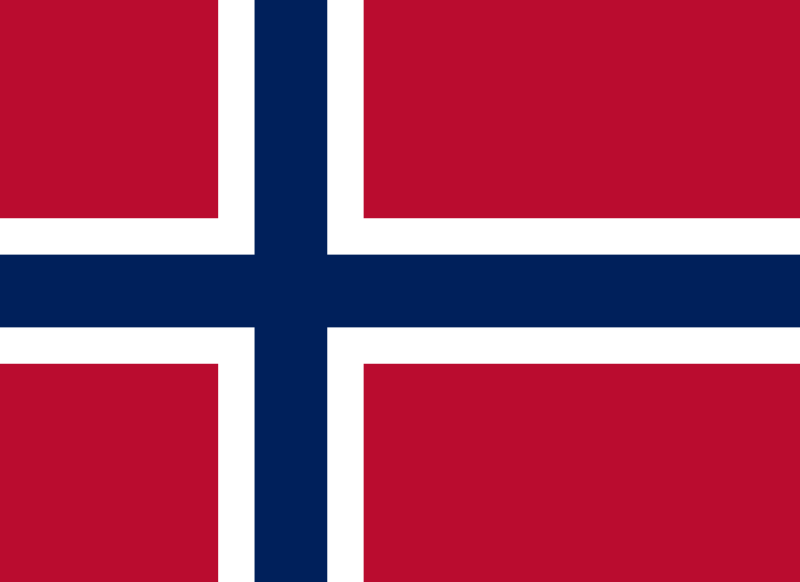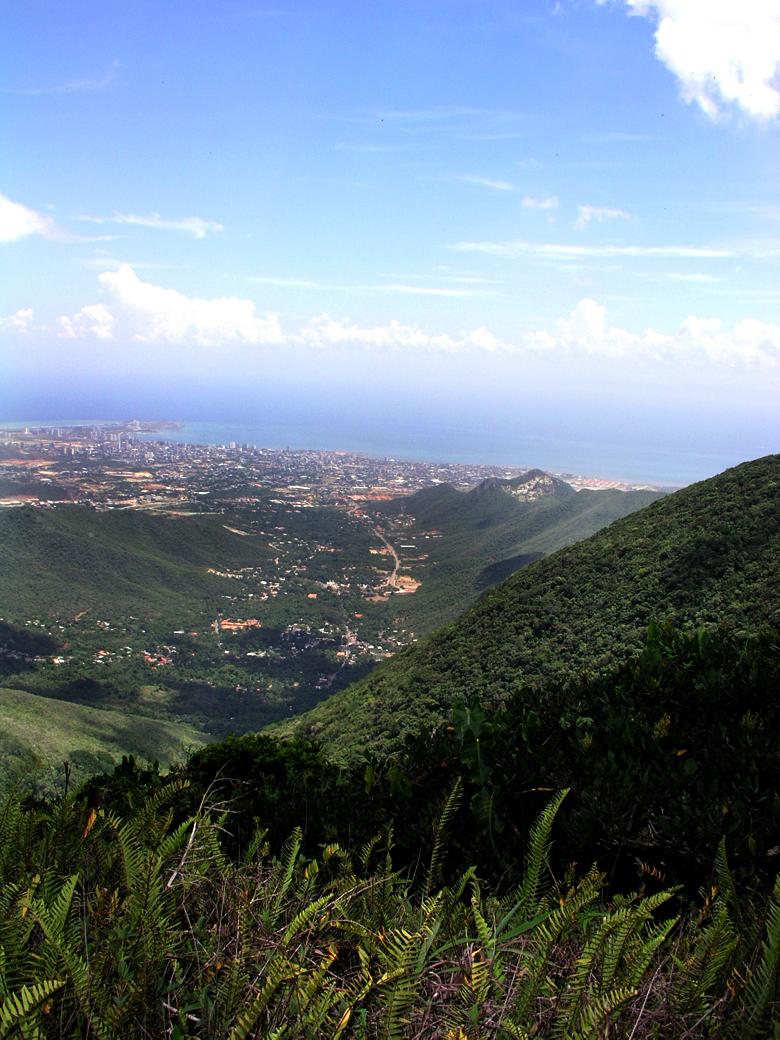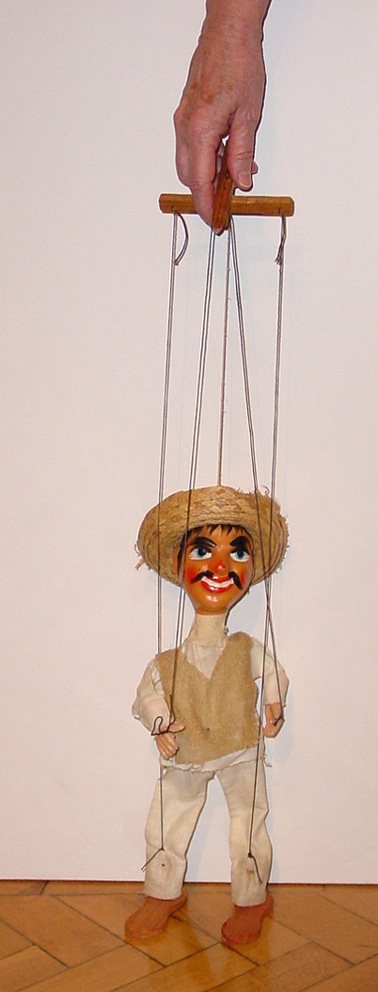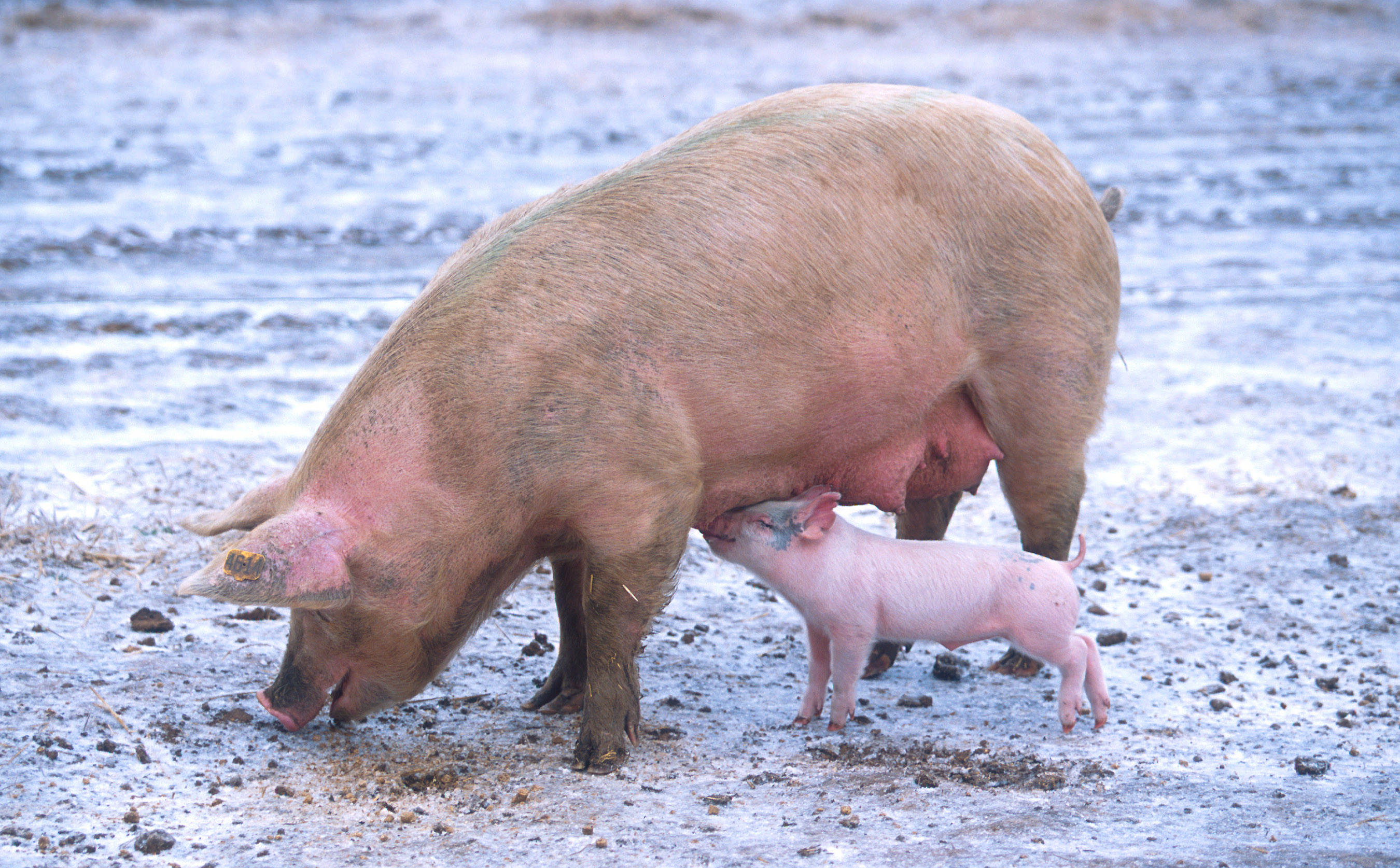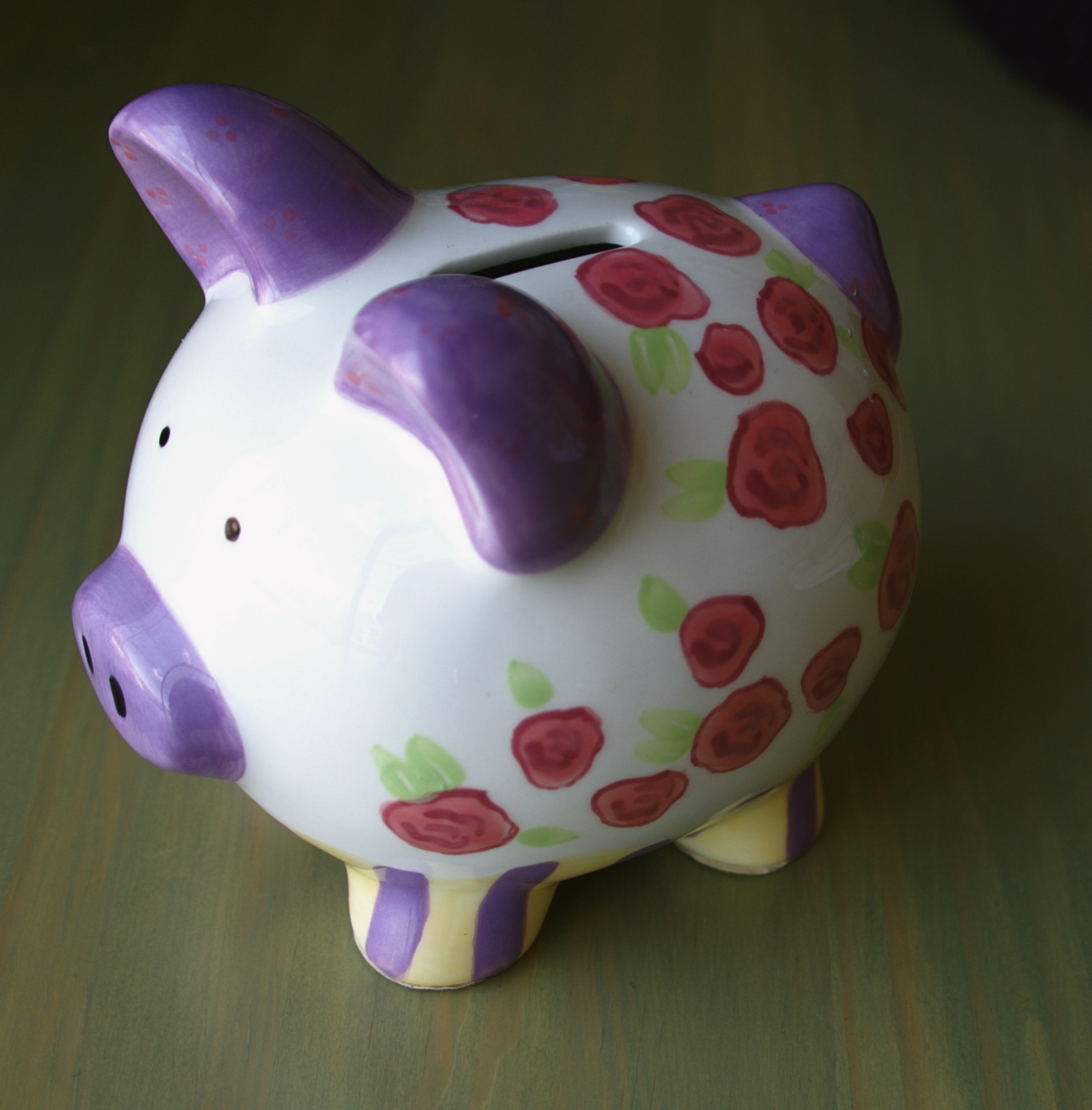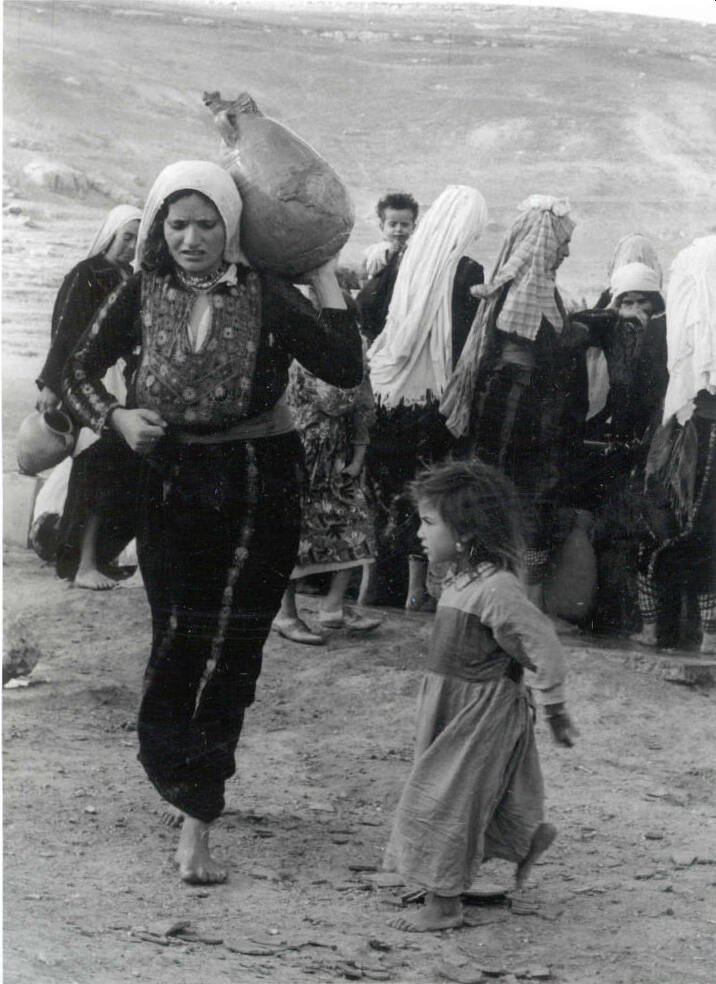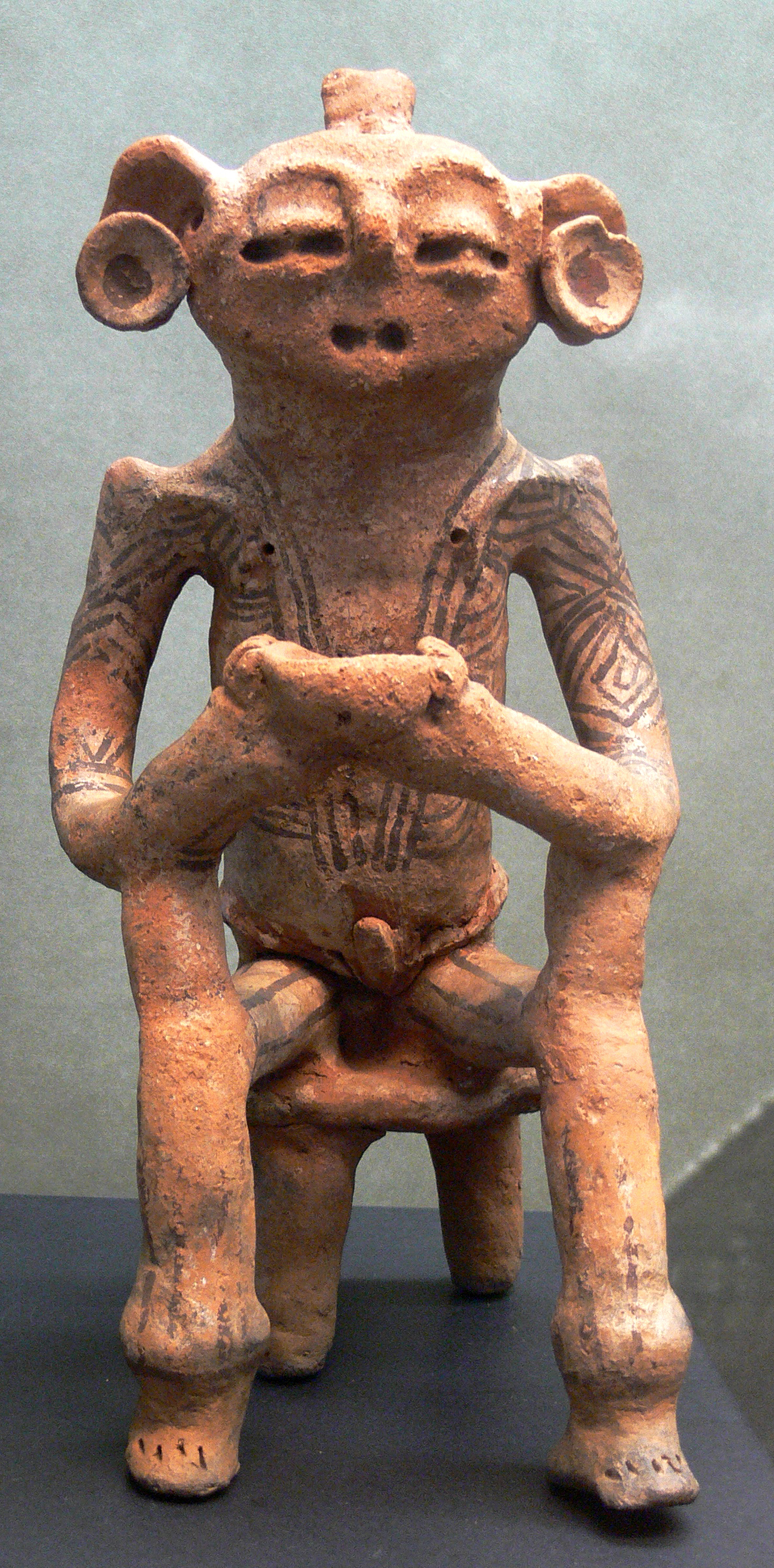Popularitätskrise
Chávez Bruder weiss, dass die Popularität des Caudillos gesunken ist. Darum
sagte er, die Regierung müsse ihre Macht nicht nur durch Wahlen, sondern durch Waffen behalten. Man weiss: die Opposition hat keine Waffen, bis auf ihre Stimmen. Da gibt es nichts zu interpretieren. Da gibt es nur zu beurteilen und anzuklagen.
Und alle wissen jetzt: unter den Chavistas weckt nur der 56-jährige Caudillo Sympathien - bei 48% der Bevölkerung Venezuelas, die noch zum Teil an die Militärregierung glaubt. Vizepräsident Elías Jaua, Militär Diosdado Cabello und alle anderen könnten nie einen Bruchtteil der Sympathie des Chávez hervorrufen. Unter den Oppositionellen ist eine leitende Figur noch nicht entschieden - jede Region hat die eigene.
40 Jahre Zivilregierungen - 1958-1989, eigentlich 38 Jahre, denn es gab eine Übergangsphase mit Militärs- waren nicht genug, um die Caudillo-Mentalität auszulöschen. Die Zivilregierungen behielten diese Mentalität. Die Parteistrukturen waren alles andere als demokratisch und man wusste nicht, wie Führungspositionen durch Debatten und Konkurrenz entwickeln konnte. Wenn jemand nicht Parteiführer sein konnte, gründete er seine eigene Partei. Und so haben wir jetzt so viele Oppositionsparteien. Die Venezolaner denken immer noch an Führer, die mit vielen Versprechungen sie überzeugen können, nicht an Bewegungen mit Programmen für die nachhaltige Entwicklung des Landes.
Die Oppositionellen werden sich wahrscheinlich über einen einzigen Kandidat einigen, logistisch gesehen werden sie aber weiterhin getrennt arbeiten. Das ist ein Desaster: wenn jede Partei der alternativen Kräften ihr eigenes Büro, ihr eigenes Telefon, ihre eigene Werbungsstrategie in jedem Bundesstaat entwickeln will, dazu aber kaum Geld hat, werden sie alle zusammen, auch wenn sie einen einzigen Präsidentenkandidat unterstützen, viel weniger effektiv sein als eine Regierung, die Staatsgelder massal benutzt, um Chávez-propaganda zu treiben, eine Regierung, die den Wahlrat hinter sich hat, eine Regierung, die das Militär benutzt, um die Wahlen "sicherzustellen" und Radio- und Fernsehsendern zu jeder Zeit zwingt, stundenlang Regierungspropaganda auszustrahlen.
Venezuela, mittelalterliches Land
Wir Venezolaner denken immer noch mittelalterlich, wie ein grosser Teil unserer Vorfahren, die im 16. Jahrhundert kamen, um El Dorado zu suchen und die Aufklärung völlig verpasst haben oder
kazikisch, wie ein grosser Teil unserer Vorfahren, die schon längst in Südamerika lebten, aber erst vor kurzem sesshaft wurden und erst dabei waren, Siedlungen und Städte zu entwickeln und so entweder nur den eigenen Stamm erkannten oder erst bei der Conquista versuchten, Föderationen, meist unter Leitung eines Führers, zu bilden.
Im Gebiet Caracas-
Miranda und Teil
Anzoáteguis haben gibt es ein Partei,
Primero Justicia, die den wahrscheinlichsten Kandidat der Opposition hat,
Henrique Capriles. Die Leiter dieser Partei sind aber -bis auf
Carlos Ocariz - vorwiegend Menschen aus dem Grossraum Caracas. Sie haben bis jetzt nicht gewusst, wie man die Leute anderer Regionen miteinbezieht.
 |
| Massaker von Priestern durch Indianer, die auf Ocampos Angriffe in Cumana reagierten. Die Priester verteidigten die Indianer, sie machten aber keinen Unterschied |
In den Llanos,
Falcón (um Coro) und auf
Margarita ist die wichtigste Oppo-Partei
Acción Democrática (AD), eine alte Partei, die man mit Recht vor allem mit den sehr korrupten Zeiten vor 1998 assoziert. Es hilft nicht, dass die Korruption seit 1999 schlimmer geworden ist: jetzt gibt es einen Erdölboom und zwischen 1989 und 1999 nicht, jetzt ist die PSUV und Chávez, die die Petrodollars zum Teil verteilen, verhältnissmässig weniger als davor, immerhin aber mehr als zwischen 1989 und 1999.
 |
| Die Welser: Gold, Gold, Gold, keinen Bock, Siedlungen zu entwickeln |
Im westlichen Bundesstaat
Zulia ist die Opposition vorwiegend durch
UNT (Abkömmlinge von AD) vertreten. UNT ist dort sehr stark und wird wahrscheinlich so bleiben. Die Zulianos haben immer ihren eigenen Charakter behalten wollen.
Die alte Partei
Copei - Christdemokraten- sind vorwiegend im westlichen Bundesstaat
Táchira vertreten.
Convergencia, die nur noch besteht, weil die Parteigründer nicht ihre "Macht" aufgeben wollen, ist wichtigste Oppopartei in Yaracuy. Das ist eine Splitterpartei von COPEI. In Amazonas (im Süden) haben wir die sozialistische
PPT, die von der PSUV splittterte. Im bevölkerungsreichen Bundesstaat Carabobo ist die wichtigste Oppopartei
Proyecto Venezuela, die von einer Familie geleitet wird - die Salas-Feo.
In Bolívar ist die wichtigste Partei
Causa R, eine gewerkschaftsgerichtete Partei, die ausserhalb von Guayana nicht viel zu sagen hat.
Überall in Venezuela versucht
Leopoldo López, eine Partei zu entwickeln, die noch eine neue Art Sozialdemokratie darstellen soll:
Voluntad Popular. Die Partei hat viele neue Wähler, sie dreht sich aber bis jetzt primär um ihn allein.
Es gibt auch die Ökologisten, die weniger als 1% der Stimmen haben. Ferner gibt es noch 20 oder mehr Parteien in jedem der 23 Bundesstaaten.
Auch wenn die Opposition ein einziger Kandidat auswählen wird, vergeudet sie viel zu viel Energie durch die viele parallelen Strukturen.
Nun sagt der Verteidigungsminister und ehemaliger Putschist
Henry Rangel Silva, dass die Militärs die Macht des Hugo Chávez immer verteidigen werden. Er hatte schon früher mehrmals öffentlich gesagt, dass "die Militärs und das 'Volk' einen Machtwechsel nicht erdulden und die Opposition an der Macht nicht tolerieren würden. Kurz darauf wurde er zu Verteidigungsminister promoviert.
Venezuela hat nie wirklich die Zeiten der Aufklärung erlebt. Auch wenn sich Figuren wie Simón Bolívar und viele andere auf die Ideen der Revolutionen Europas beriefen, hatten sie primär ihre eigene Ambitionen im Kopf. Das mochte wahrscheinlich bei fast allen Revolutionären Europas ähnlich gewesen sein, in Europa gab es aber zum Teil eine grosse Anzahl von Menschen, die auch kritisch die verschiedenen Ideen diskutierten. Die Masse der Bevölkerung in Venezuela hat nie Zeit und Bildung gehabt, um sich mit diesen Ideen grundsätzlich zu beschäftigen. Die Bevölkerung meines Landes ist seit Jahrhunderten nur Parolen ohne viel Inhalt hinterher gefolgt und die vermeintlichen Führer haben immer wieder versäumt, die öffentliche Diskussion von Projekten zu fördern.




